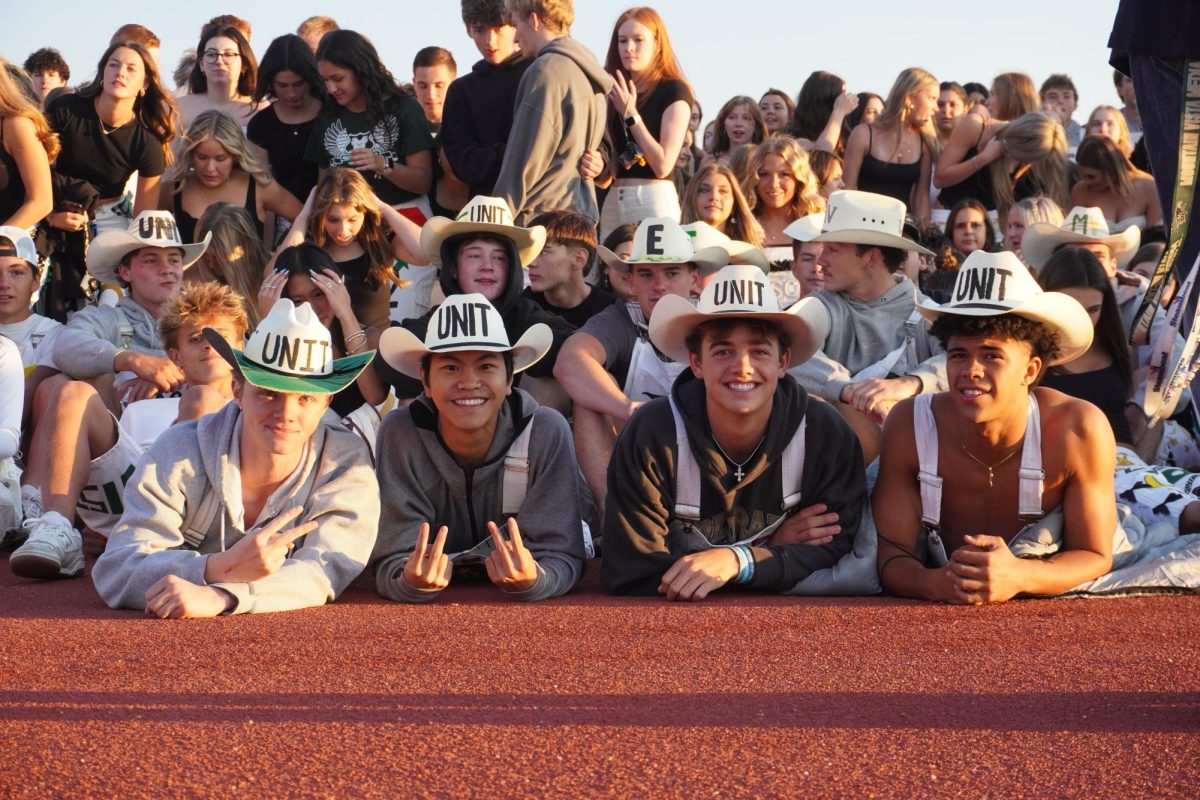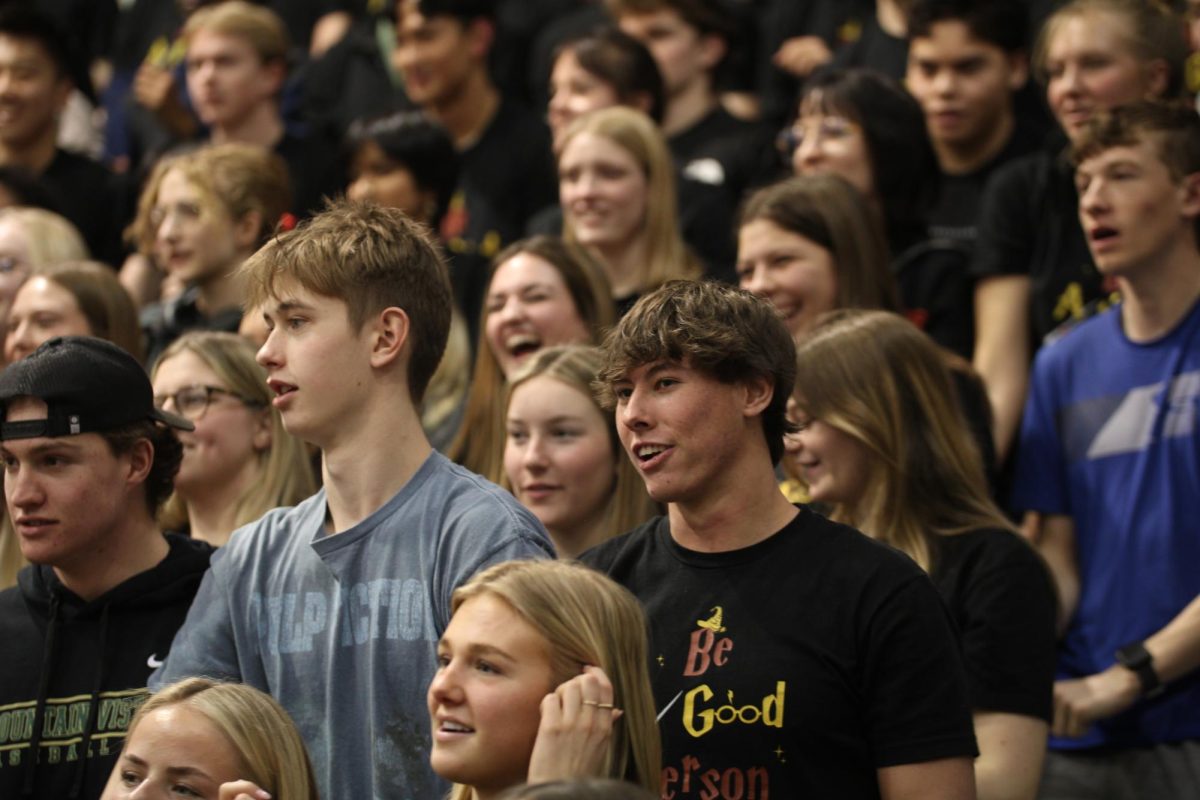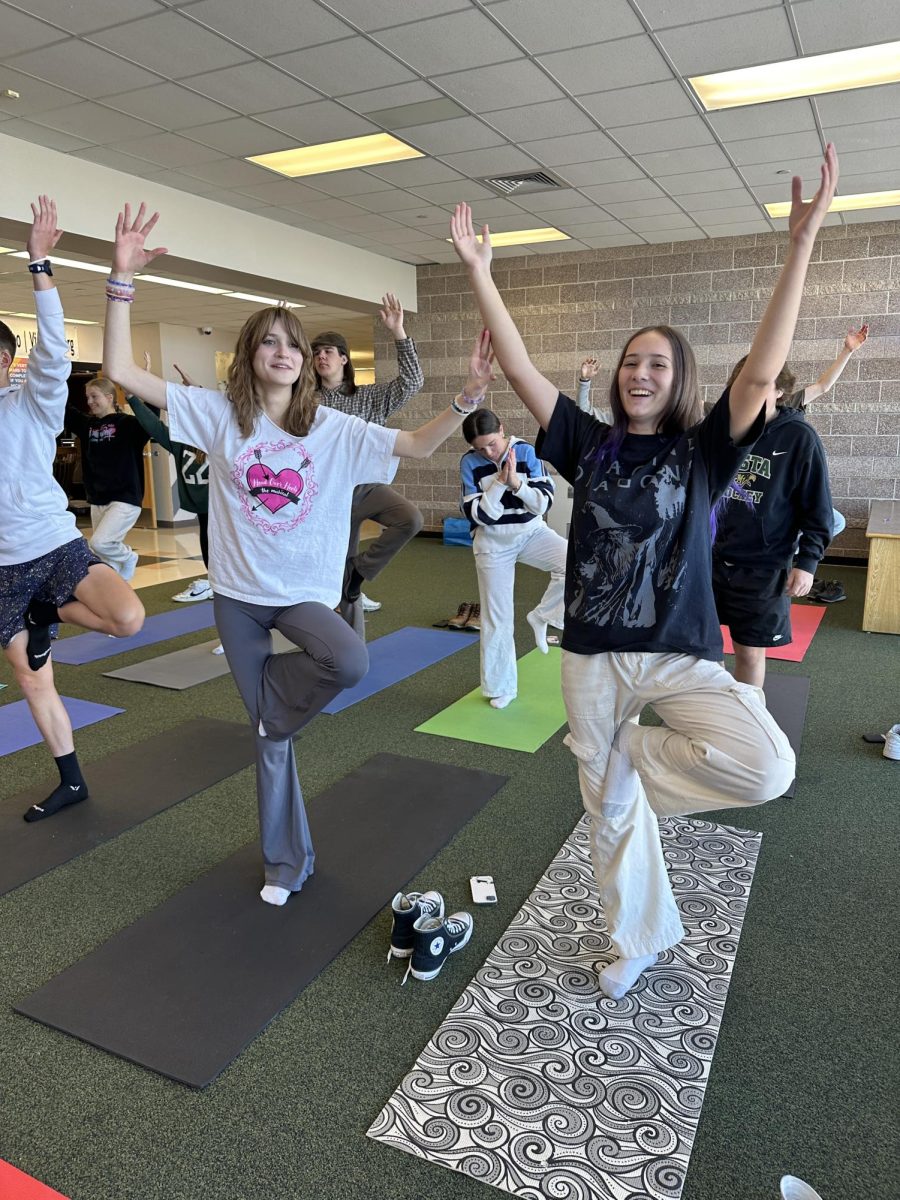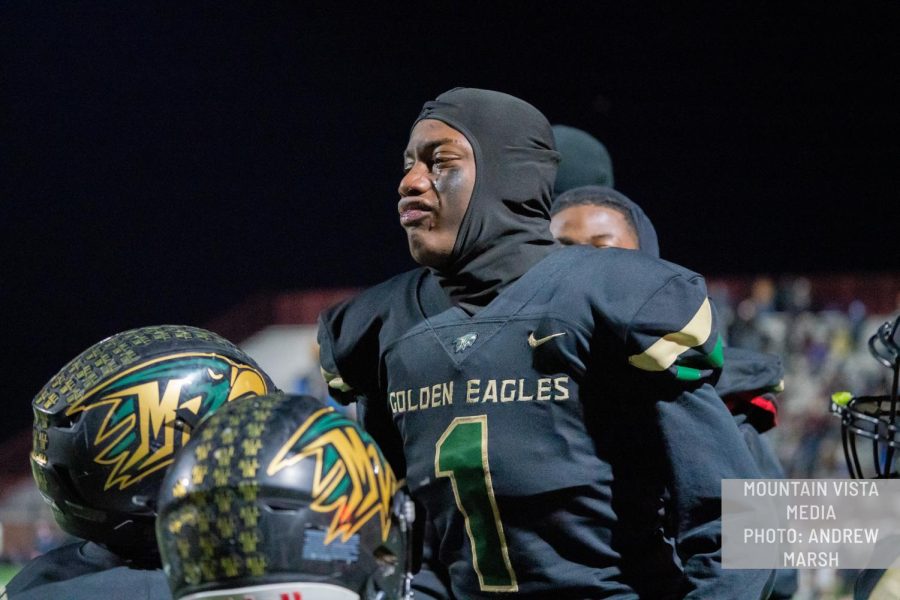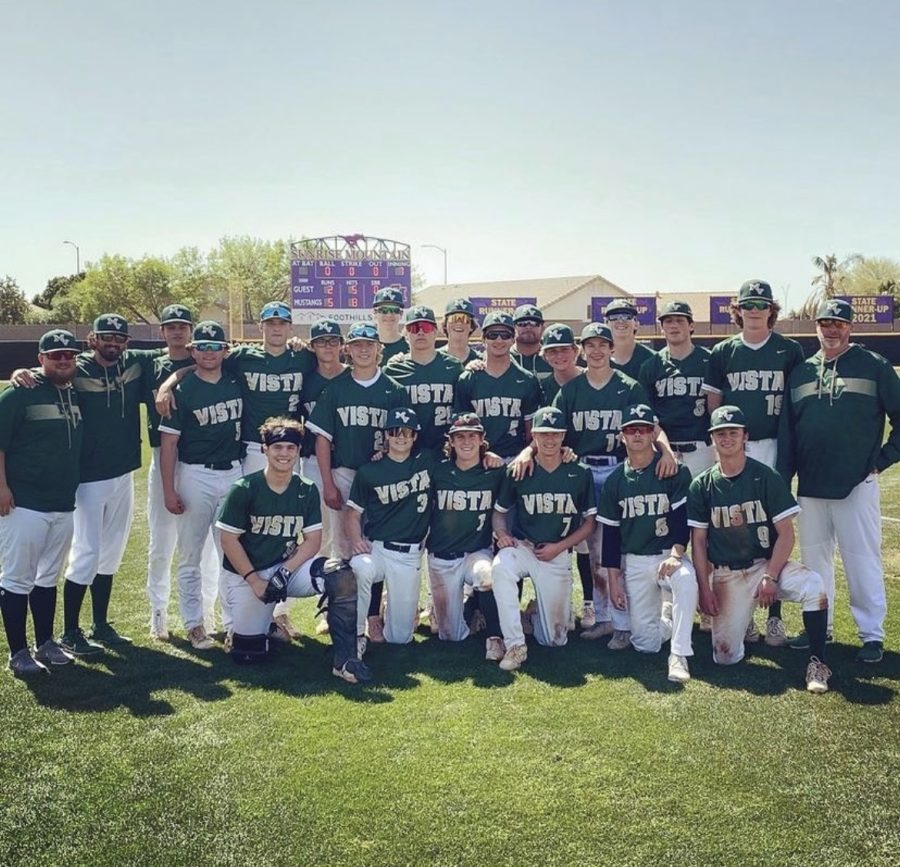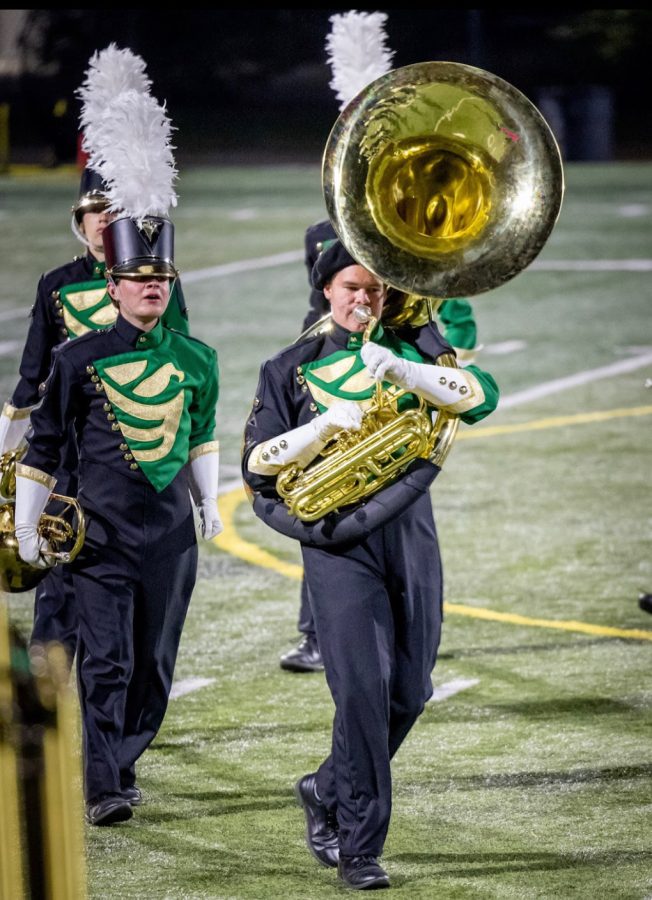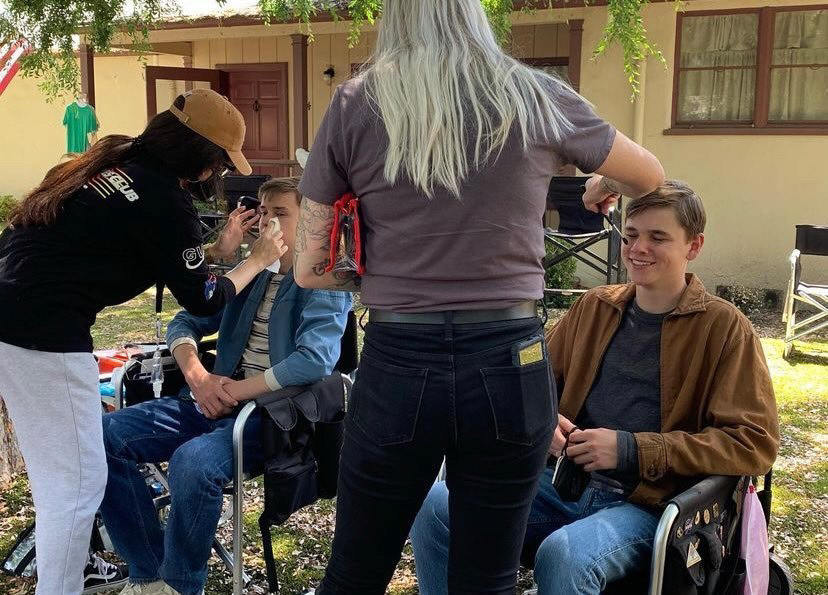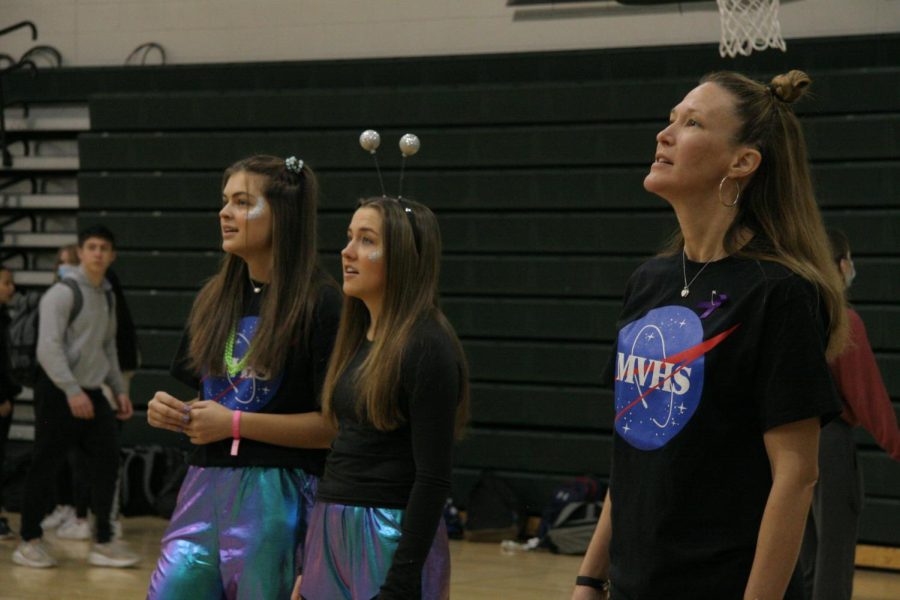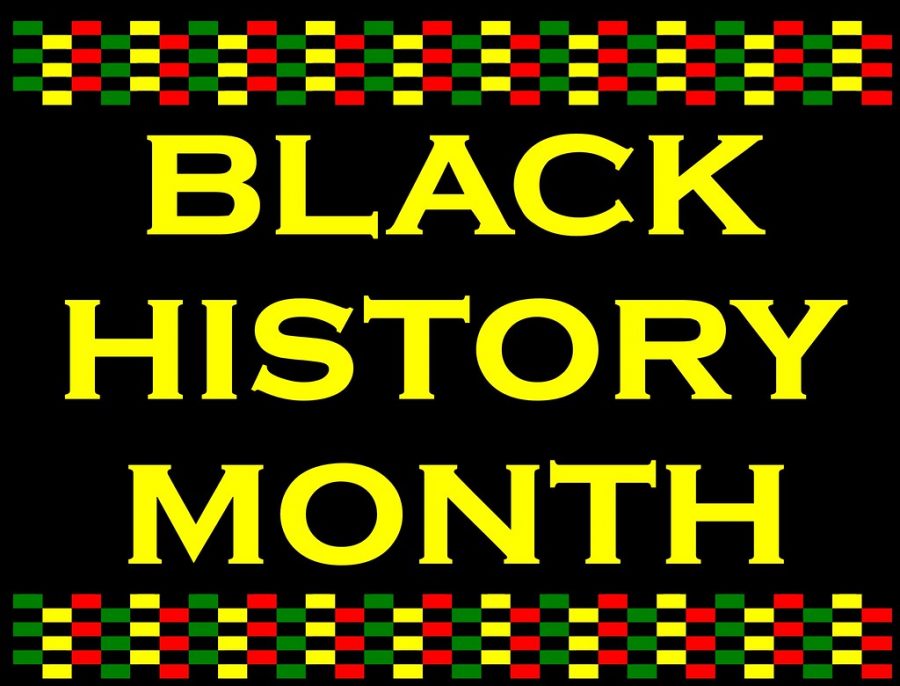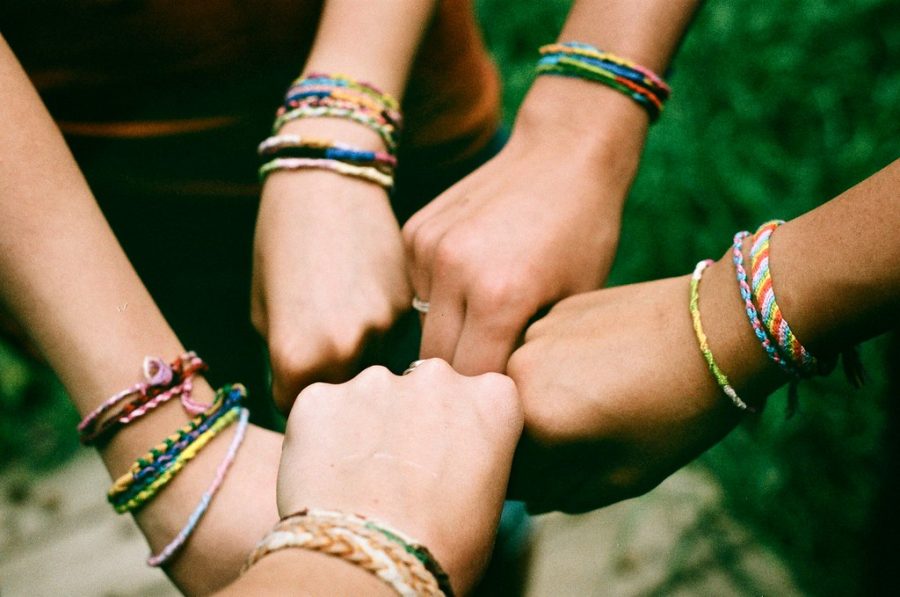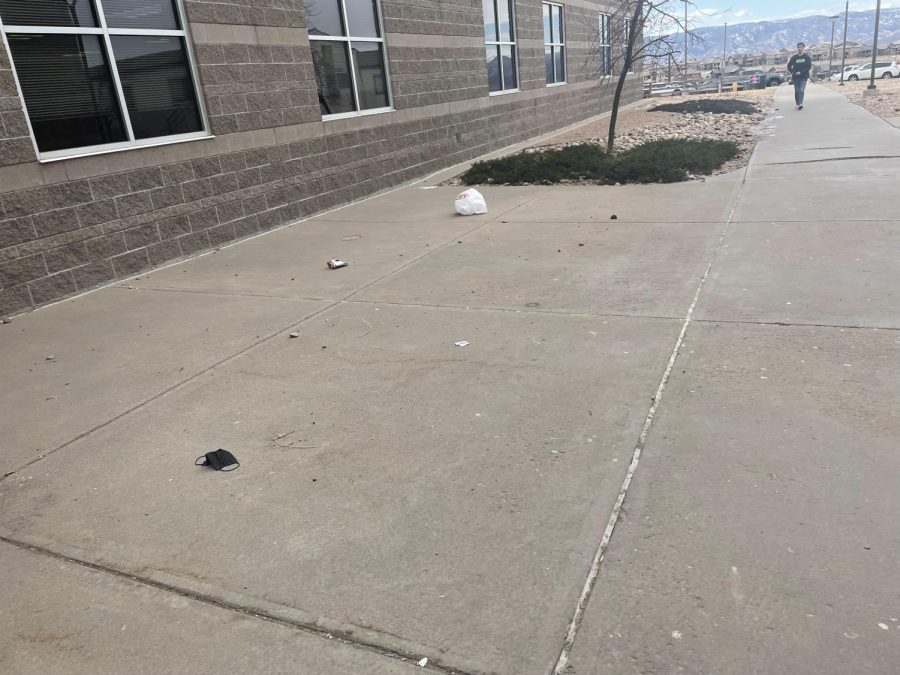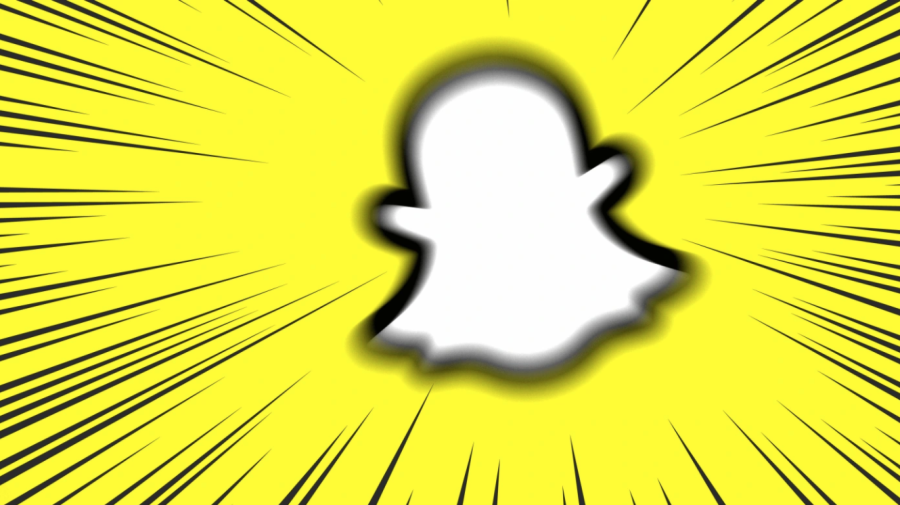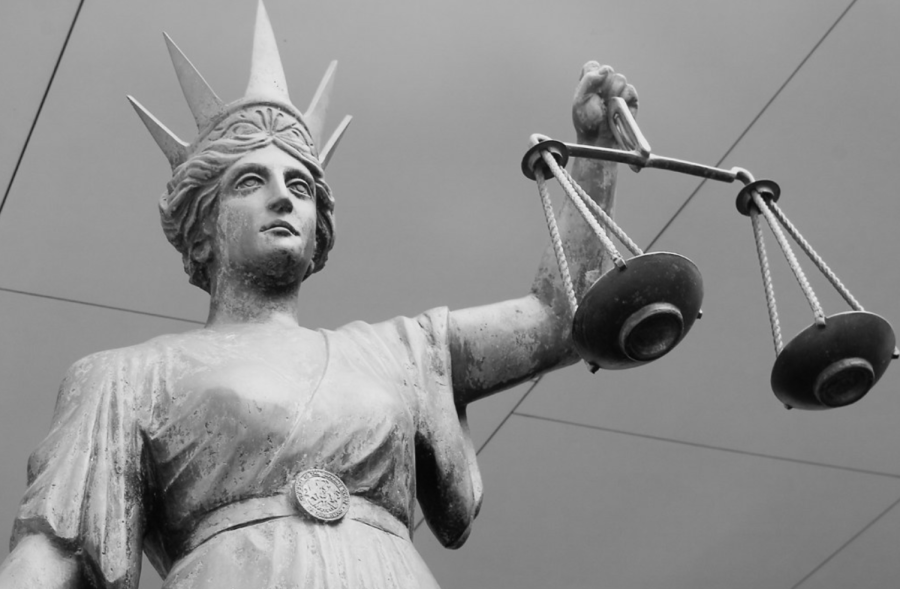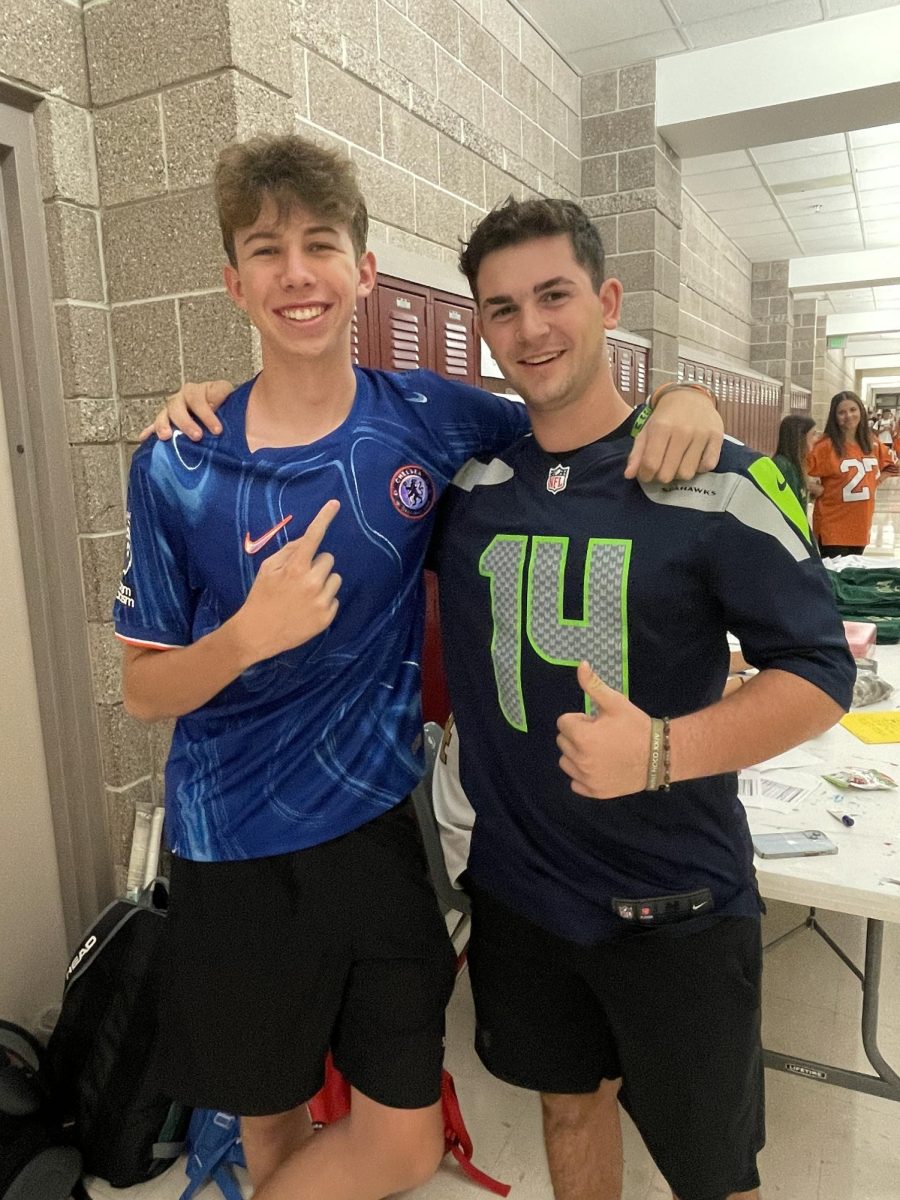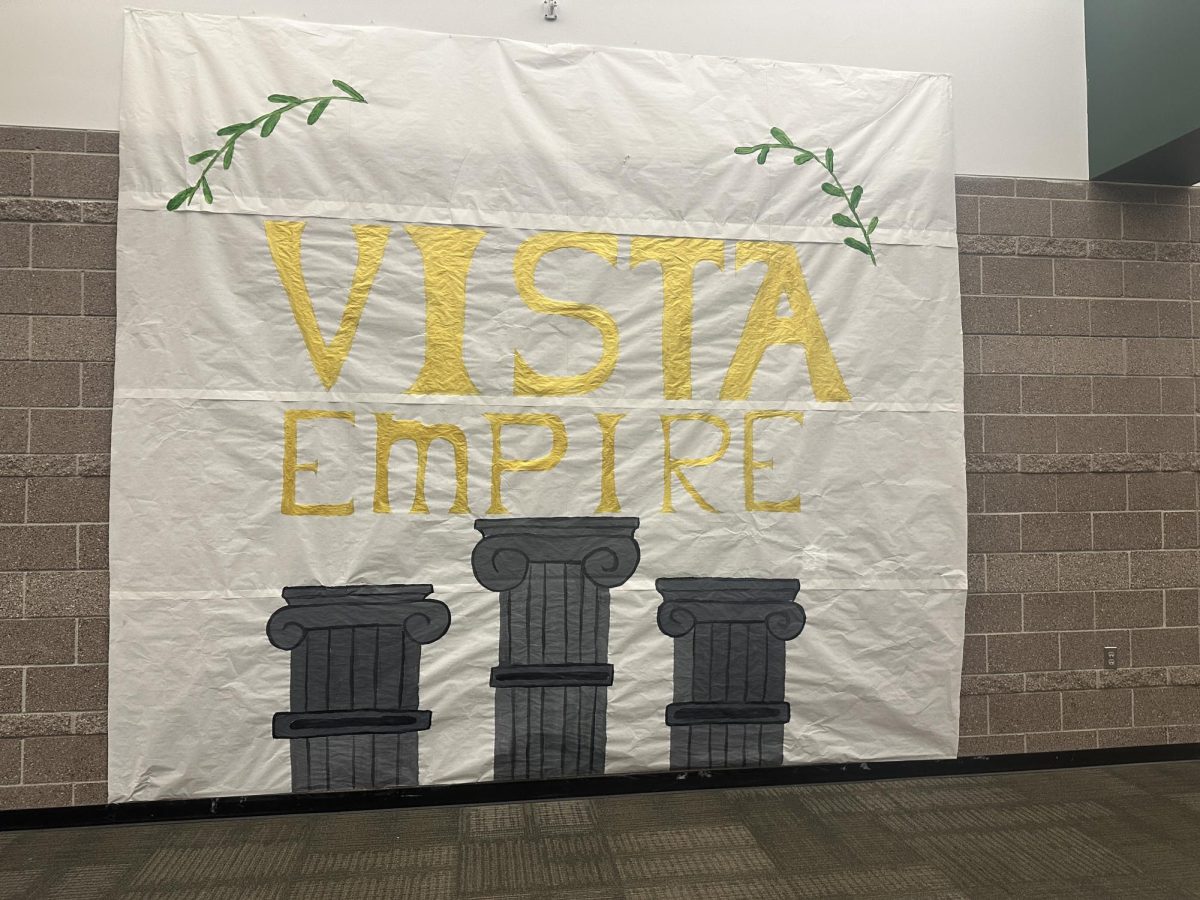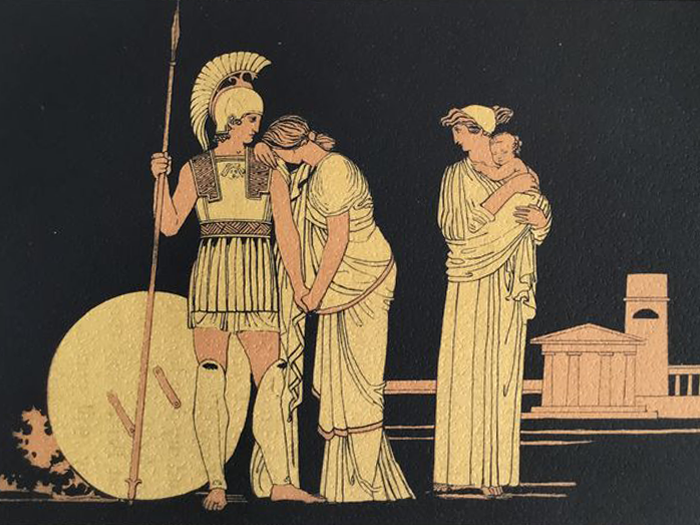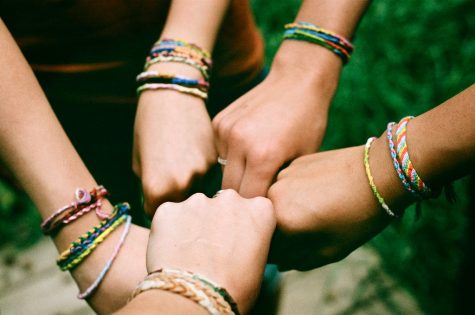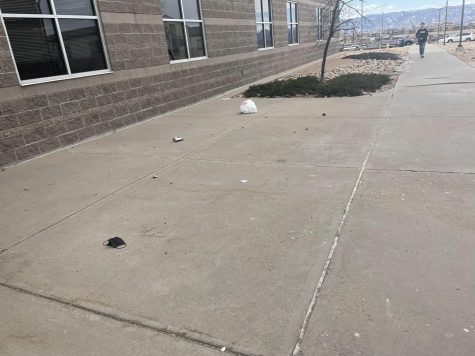Opinion: No One Understands
The barriers between each generation and why we placed them there. How can we understand each other if we are constantly belittling one another?
We aren’t perfect. We’re not even close.
Each and every generation has a burden to bear. The only difference is each generation thinks the one after them, or even the one after that, doesn’t have as heavy a burden as the life they were born into. It’s something we all think. Even in high school where we aren’t split up by generations, but merely one, two, or three years. Freshmen are viewed as less because… well, because they’re freshmen. No one really knows why, it’s just how it is. This conundrum becomes a lot more drastic when you throw a few decades in between.
Yes, I’m a teenager, meaning I’m hormonal, a bit ill-tempered (though I’m sure if you asked my parents they would say that’s putting it mildly) and I struggle with emotional drama no matter how pathetic it sounds. What being a teenager also means is that I’m used to adapting to change, and my views are constantly changing, which allows me to see all sides of an argument. I’m also pretty freaking tough. I’m going through life in an era that will literally define the generations of today, and I’m going through it as a teenager.
No one can argue that one generation has it better than one or the other. They each have their own problems. The Greatest Generation both created and lived through the Great Depression. Generation Z, while the most educated, according to the Pew Research Center, deals with political polarization, racial divisions, gun violence, and suicides. It’s safe to say that no generation is perfect and it is hardly realistic to call them great.
Each generation is viewed a different way. According to The Guardian, some stereotypes millennials have are that they are lazy, want everything handed to them on a silver platter and are compulsive job-hoppers. No one truly knows what it is like to be in one generation or the other unless you have a time machine. For example, I will never know what it is like to gaze into the first Apple phone, it was sold when I was just 3 years old.
The pandemic has forever changed Generation Z. A survey by MHA shares, “The impacts on mental health have been pronounced in people younger than 25. Roughly 9 in 10 people under 25 screened positive for moderate-to-severe depression, and 8 in 10 screened positive for moderate-to-severe anxiety, according to the presentation.”
Just like I will never know the age before the technological revolution of the 1990s, as my parents did, they will never know what it is like to grow up in a society where human contact is optional and social distancing is mandatory.
While people in definite generations know where they belong, those on the cusp are faced with the issue of belonging to a split generation. Xennials are people defined as a micro-generation on the cusp of being both a millennial and a part of generation X. These split generations do not feel like they belong to those bordering it. They tend to feel this way because they don’t identify with either group they are forced into.
Society has placed unfair assumptions, stereotypes, onto each generation and honestly, it isn’t necessary.
Our lives were built on the premise that everyone is unique, so how come that doesn’t apply to the generations? Placing people in categories will limit their views due to societal expectations, and, despite what people say, the majority of us want to fit into societal expectations.
What we need to learn is that everyone goes through their own experiences and no matter how you view someone, you should be able to respect and understand them.
None of us are perfect. We’re not even close.

